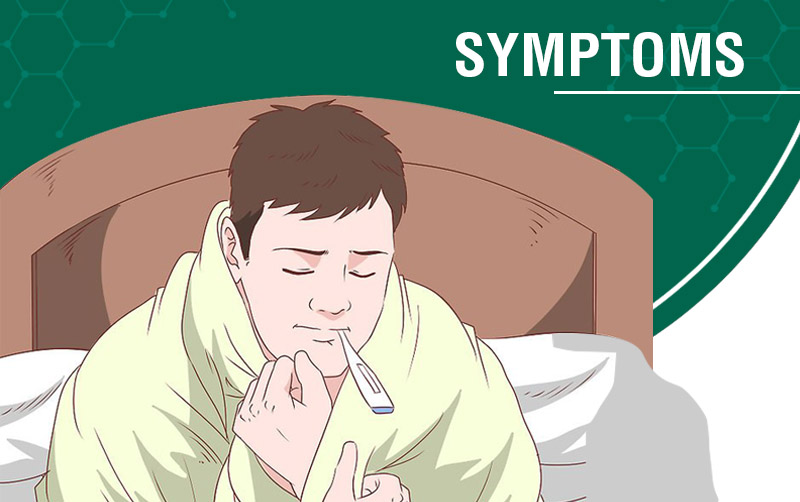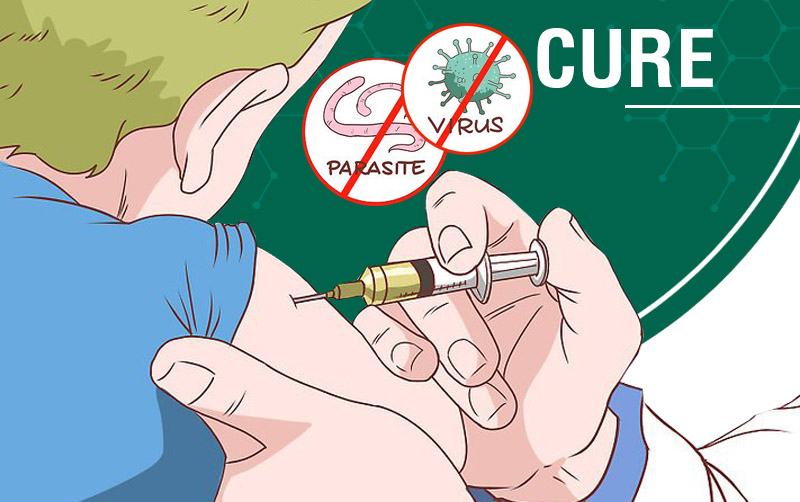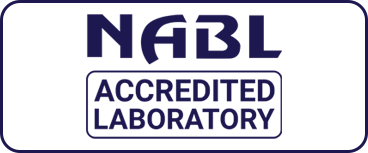Every Details You Need to Know About Infectious Diseases
Nov 13, 2021
Every Details You Need to Know About Infectious Diseases
Infectious diseasesare disorders caused by organisms. This includes organisms like:
– Bacteria
– Viruses
– Fungi or
– Parasites.
Many organisms live within our bodies and on our bodies. They are normally harmless. They may even be helpful in certain circumstances. Some organisms may cause disease under certain circumstances.
Some of the highly infectious diseases may be passed from one person to another. Some are transmitted by insects. Some are infected by other animals. You may also get most common infectious diseases by consuming contaminated food or water or being exposed to organisms in the environment.

Signs and symptoms may vary depending on the organism which causes the infection. It may often include fever and fatigue. Mild infections may be cured by taking enough rest and trying some home remedies. You may also need to be hospitalized for some life-threatening infections.
Diseases like measles and chickenpox can be prevented if you take the vaccination for these clinical infectious diseases. Frequent and thorough hand-washing is also of great help and can give you protection from deadliest infectious diseases.
The Different Types of Infectious Diseases
Here is the list of most common types of infectious diseases:
– Strep throat, urinary tract infections and tuberculosis caused by bacteria
– Common cold, AIDS etc. are the examples of infectious diseases which can be caused by viruses
– Different types of skin diseases, lung infection or nervous system infection can be caused by fungi
– Infectious diseases like malaria are caused by parasites
Symptoms of Infectious Diseases
Every infectious disease has its unique symptoms. Some common symptoms of infectious diseases include:
- Fever
- Diarrhea
- Fatigue
- Muscle aches
- Coughing
When Should You See A Doctor to Cure Infectious Diseases
Seek medical attention if you:
- Have been bitten by an animal
- Are having trouble breathing
- Have been coughing constantly
- Have severe headache with fever
- Experience a rash or swelling
- Have unexplained or prolonged fever
- Have sudden vision problems

Control and Prevention of Infectious Diseases
You can follow the below mentioned steps in order to decrease your risk of infection:
- Stay and rest at home when you are not feeling well
- Wash your hands frequently
- Use protection while having sex
- Prepare your food maintaining all safety measures
- Do not share your personal use items with anyone else
Treatment Of Infectious Diseases
Treatment of an infectious disease often depends on which microorganism is causing the infection.
- Doctors generally treat infectious diseases that are caused by bacteria with antibiotics. The antibiotics usually kill the bacteria and end the infection.
- Proper treatment with supportive therapies is helpful for viral infections. This includes rest and increased fluid intake. Sometimes people benefit from antiviral medications.
- Fungal and parasitic infections are generally treated with antifungal medications.
Most people recover fully from infectious diseases with proper treatment. Some infectious diseases, like HIV, do not have any treatment yet. Doctors focus on managing the symptoms and preventing the disease for the HIV patients so that the disease does not progress further.
Antibiotic medications may work effectively in curing certain infectious diseases. It is very important that you need to diagnose from a doctor. Only a good doctor may help you get the right therapy & treatment for a persistent infection.



